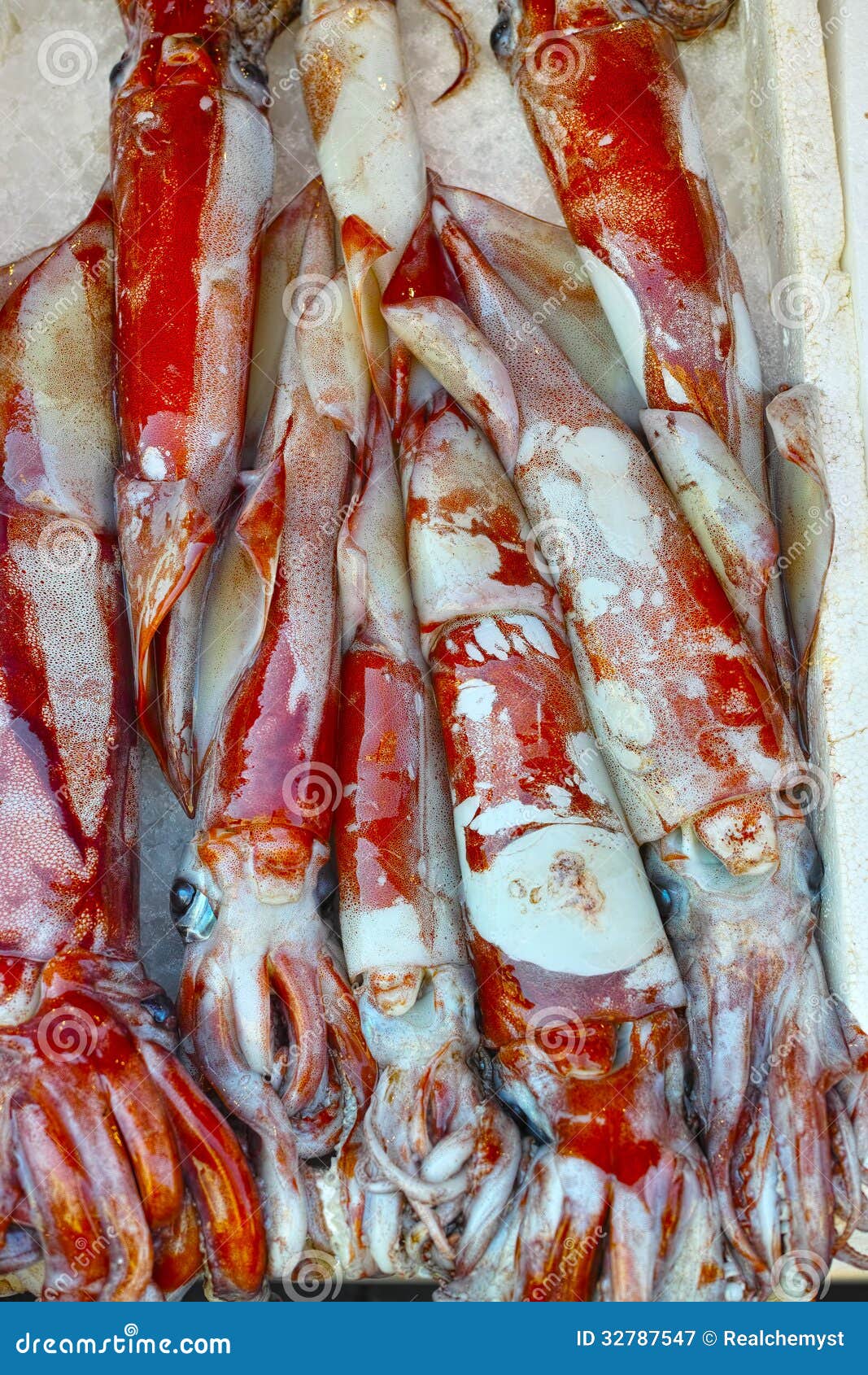

Some can change color, some use bioluminescence to create light, and some shoot ink to cloud the water and lose predators.

Do squids live in groups Squid have some unique adaptations. Because a 'Shoal of squid' sounds bad and a squad of squid sounds more appropriate. Mean wet weight increased from 32.1 g to 342.9 g for the control group and from 58.6 g to 372.0 g for the group fed dead food. The Scientific Community: Change the name of a group of squids to squad. Unexpectedly, no significant differences were found between the two groups. The two groups were evaluated for differences in (1) food intake, (2) survival, (3) growth (wet weight, mantle length, instantaneous growth rate), (4) morphologic (mantle thickness in four locations, digestive gland weight), and (5) digestive gland histologic features (indices for nuclear density and relative vacuolar density). Food for the control group consisted of live, freely swimming fish (Cyprinodon variagatus) the test group was trained to grab freshly dead fish (days 1 to 45) and then thawed, frozen fish (days 46 to 95). Two groups of squids (n = 16 per group) were held in closed seawater systems with similar water volume, temperature, salinity, water filtration, and water flow velocities. Squids are members of the class Cephalopoda, subclass Coleoidea, and order Teuthida, of which there are two major suborders, Myopsina and Oegopsina (which in.

The effects of non-living diets on the survival, growth, and digestive gland histologic features of the bigfin reef squid (Sepioteuthis lessoniana Lesson, 1830) cultured in the laboratory were evaluated during one-half of their life cycle (95 days).


 0 kommentar(er)
0 kommentar(er)
